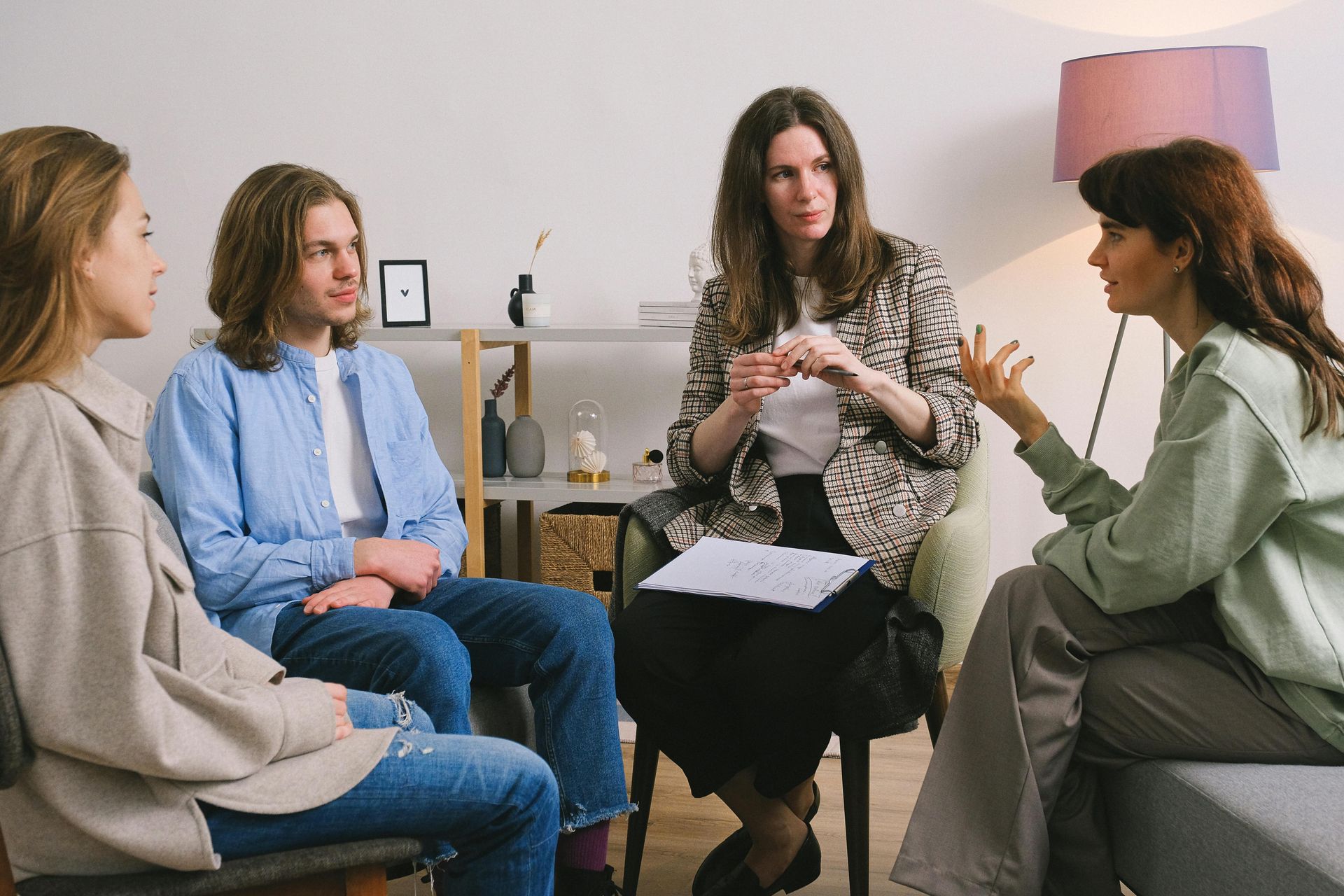Local Peer Services And Support Groups
Are you feeling stuck or alone in your recovery journey? Peer services, like support groups, can connect you with others who understand your struggles. This blog will show how these resources bring emotional support and help with personal goals.
Michigan Peer WarmLine
The Michigan Peer Warmline is a statewide warmline for Michiganders living with persistent mental health and/or substance use conditions.
Key Takeaways
- Peer services and support groups help people with mental health or addiction challenges. They are led by trained individuals like Certified Peer Support Specialists who share similar experiences.
- CNS Healthcare runs peer-led groups in Southeastern Michigan, serving over 8,600 people yearly through clinics and clubhouses in Detroit, Novi, and other areas.
- Benefits include emotional support from shared stories that reduce loneliness. They also help achieve recovery goals with guidance, self-care tips, and access to resources.
- Access services by contacting CNS Healthcare to begin services at your local office in Wayne, Oakland, or Macomb County. You can also find resources through the Michigan Department of Health website or national organizations like SAMHSA.
- Joining these programs provides a safe space for healing while connecting you to helpful networks for lasting recovery.
What Are Local Peer Services and Support Groups?
Local peer services and support groups offer help from people who have faced challenges like mental health issues or substance use. These groups connect you with others who understand your struggles because they have lived through similar experiences.
Peer workers, such as Certified Peer Support Specialists, lead these services to guide and encourage you in the recovery process.
CNS Healthcare runs peer-led groups across Southeastern Michigan, including Wayne County, Oakland County, and Macomb County. Their certified staff provides support for mental health recovery and long-term addiction recovery.
They serve over 8,600 people each year through their seven clinics and three clubhouses. A mix of personal experience and formal training helps these specialists assist young adults, family members, or anyone seeking a safe space to heal.

Benefits of Peer Services and Support Groups
Peer support services create a safe space to share and connect. They help build strong bonds and encourage personal growth.
Emotional support through shared experiences
Sharing life experiences helps people feel less alone. Peer Recovery Groups bring together individuals who understand substance use disorder or mental health challenges. Talking with others in these groups reduces loneliness and builds self-esteem.
Peer support services can improve coping skills during tough times. With shared stories, you gain emotional support from someone who truly understands your struggles. This connection often leads to better self-management and hope for lasting recovery.
Assistance in achieving personal recovery goals
Peer support programs help you reach your recovery goals by offering guidance and understanding. Peer support workers, like peer mentors or specialists, share their own experiences to inspire hope.
They help you build better self-care habits that improve your long-term recovery journey.
These programs connect you with resources like treatment services or a Peer Recovery Coach. You’ll learn how to navigate healthcare systems and find social supports.
Your goals become manageable with the practical advice and encouragement they provide. This approach often boosts motivation while decreasing isolation during challenging times.
Peer support services can improve coping skills during tough times. With shared stories, you gain emotional support from someone who truly understands your struggles. This connection often leads to better self-management and hope for lasting recovery.

How to Access Local Peer Services and Support Groups
Finding local peer services and support groups in Michigan can help you on your mental health journey.
Here are steps to get started:
- Contact CNS Healthcare to begin mental health services and request peer support.
- Check the official website of the Michigan Department of Health. It lists resources and eligibility requirements for programs like Medicaid and Peer Recovery Coaching.
- Call a crisis hotline if you need immediate help. They can connect you with crisis care or nearby treatment providers.
- Ask your primary care doctor for referrals to support group meetings or mental health professionals near you.
- Search online for resources from Mental Health America or the Substance Abuse and Mental Health Services Administration (SAMHSA). Both offer tools to locate peer supports nationwide.
- Look for organizations certified by the Michigan Certification Board for peer specialists or recovery coaches.
- Visit local emergency departments if facing a severe issue related to alcohol use disorder, drug concerns, or other crises.
- Explore prevention program events in your area focused on behavioral health and developmental disability topics.
- Join child care networks or community centers that provide family-friendly support groups.
- Reach out to local managed care offices that fund treatment programs through partnerships across the state of Michigan.
Each step gets you closer to building a strong support network while protecting sensitive information about your needs!

Personal Action Toward Health (PATH)
PATH helps people learn techniques and strategies for the day-to-day management of chronic or long-term health conditions.
Smoking Cessation and Healthy Living & Tobacco Education (HLTE)
HLTE has two different groups, both focus on reducing or eliminating the use of tobacco through good nutrition, exercise, and positive coping techniques.
Wellness Recovery Action Plan (WRAP)
WRAP provides a system for monitoring, reducing and eliminating uncomfortable or dangerous physical and emotional difficulties.
Whole Health Action Management (WHAM)
WHAM increases resiliency, wellness, and self-management of health and behavioral health and encourages healthy eating, physical activity, restful sleep, stress management and positive thinking.
Other Peer Services
Other peer-delivered services may include art therapy, trauma recovery support, LGBTQ support, women and men’s recovery focused groups.

CNS Healthcare Supporting You
Local peer services and support groups can change lives. They provide emotional care, shared wisdom, and help with personal goals. These programs are simple to join and led by people who truly understand your challenges.
Visit CNS Healthcare in Detroit or Novi to explore these resources in-person or online. Take the first step today toward better mental health!
FAQs
1. What are local peer services and support groups?
Local peer services and support groups connect people with shared experiences to offer help and understanding. Peer providers often have a special ability to guide others through challenges like those in the criminal justice system or recovery programs.
2. How do these services benefit individuals?
These services help people by providing emotional support, sharing resources, and promoting leadership skills. They also assist individuals in navigating systems like Medicaid programs or treatment plans such as the Treatment Improvement Protocol.
3. Who can become a peer provider?
Peer providers are individuals with lived experience who use their knowledge to help others. Their unique perspective gives them the tools to lead and inspire within their communities.
4. Are these programs available across the United States?
Yes, many local peer services operate nationwide, including in rural areas of the United States. You can find options tailored for specific needs like health care access or criminal justice reentry support programs nearby you!







